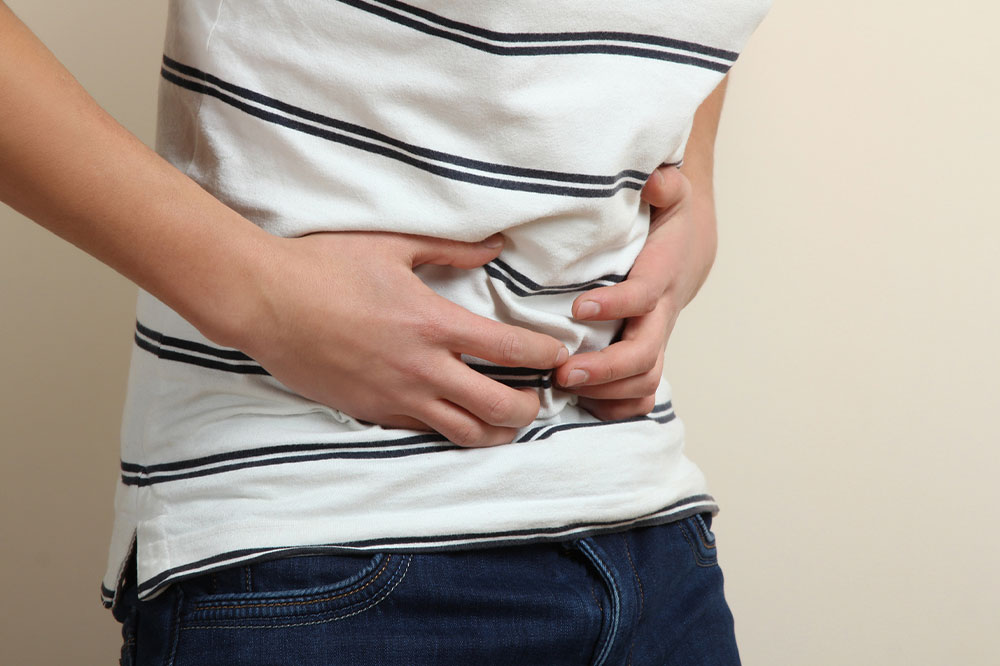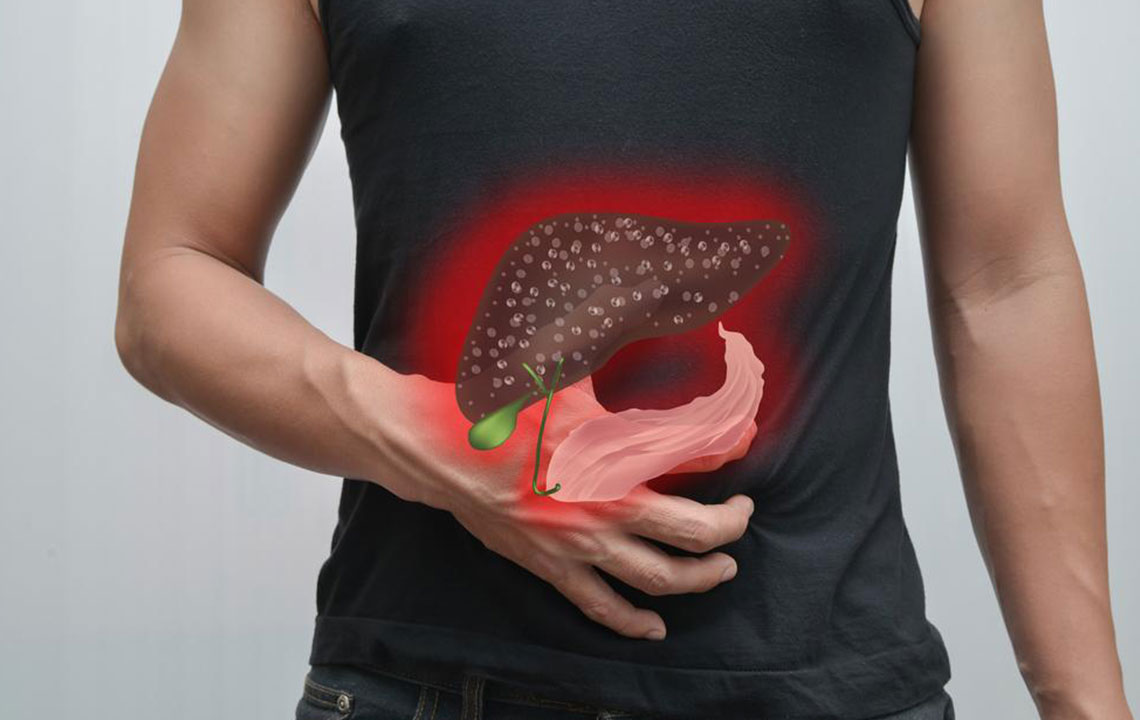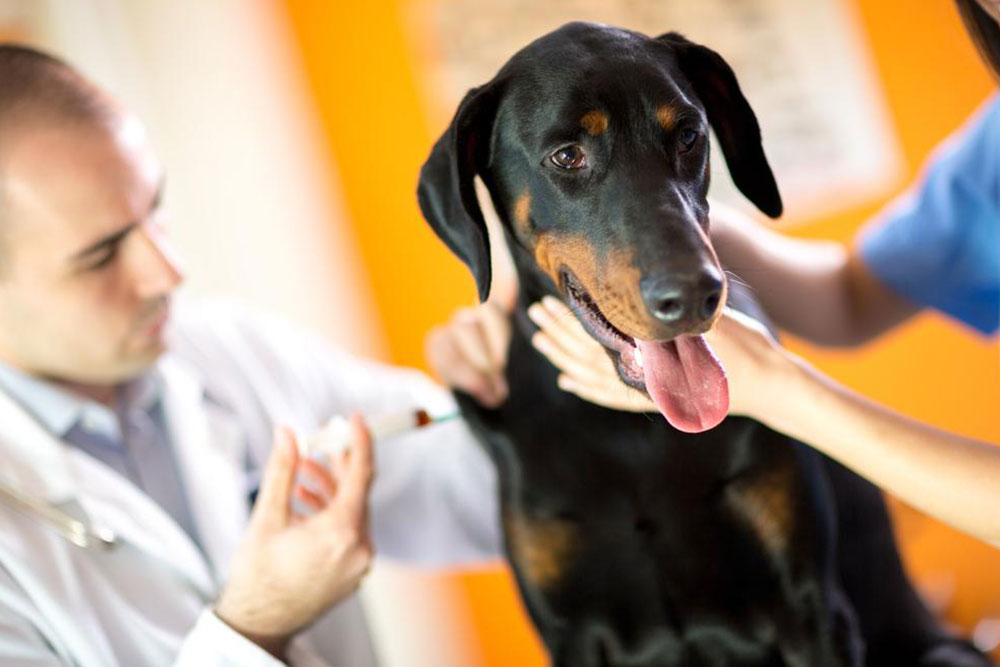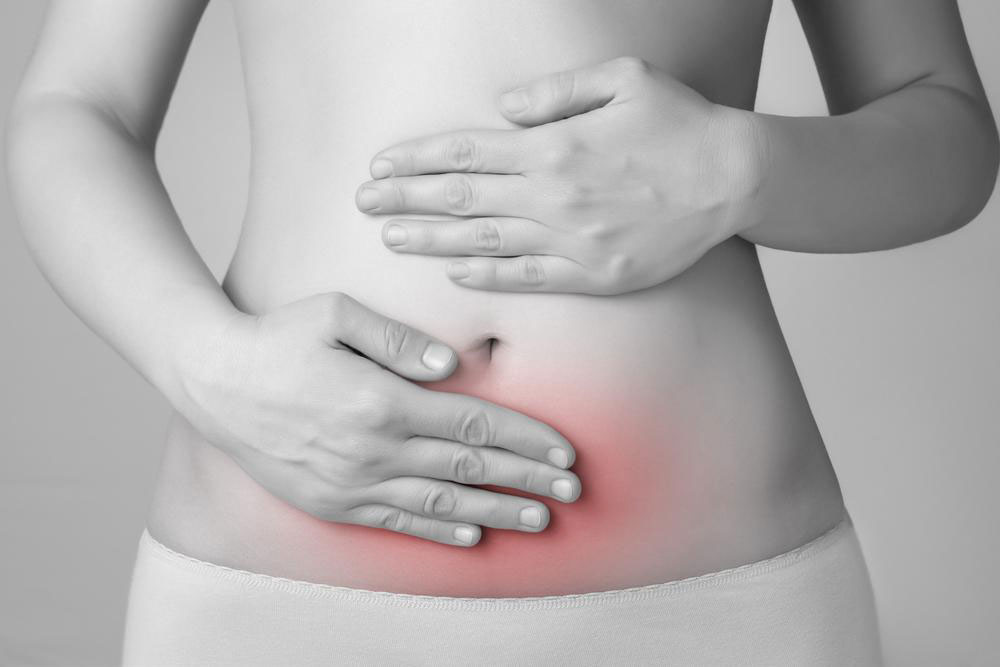What Are The First Signs Of Liver Damage
Liver damage – What are the first signs?
On the right side of the abdomen, below your rib cage, is an organ called the liver. It is the size of a football and is one of the most important organs in the human body. The liver aids in the digestion of the food we eat and also helps in flushing out the toxins from our body. When there is any kind of disturbance in the normal liver functioning, then it can cause a significant damage to the human body.

What are the causes of liver damage?
There can be a number of causes for liver damage:
- Liver infection is one of the most common causes of liver damage. Viruses and parasites can cause infections that affect the normal functioning of the liver. Hepatitis is the most common liver infection, which includes Hepatitis A, Hepatitis B, and Hepatitis C.
- Some diseases will affect your immune system thereby damaging your liver too. This is called autoimmune hepatitis. Primary Sclerosing Cholangitis and Primary Biliary Cirrhosis are of the same kind.
- If you have inherited an abnormal gene from any of your parents or family members, it can lead to a build up of various substances in the body and hence can damage the liver.
- Build up of liver cancer can be a cause.
- A person who is an alcohol addict is more prone to liver damage.
What are the first signs of liver damage?
There can be several signs of a liver damage. Here are 10 signs of liver damage that you need to pay attention to:
- Your eyes and skin turning yellow, which is usually a sign of jaundice.
- Abdominal swelling and pain are also symptoms of liver damage that you should watch out.
- Your ankles and legs begin to swell..
- Your urine becomes dark yellow in color. There can be many reasons for dark yellow urine, but it can also be a sign of liver damage.
- Excessively itchy skin is also a symptom of liver damage.
- Loss of appetite.
- Getting bruises easily as your liver fails to create proteins needed for blood clotting.
- Vomiting and nausea for no reason.
- Blood in the stool or pale stool.
- Chronic fatigue.
How is liver damage diagnosed?
In order to get started with the liver damage treatment, it is very important to diagnose the symptoms of liver damage correctly.
- In order to start the diagnoses, your doctor will start with a physical examination, followed by requesting details of your health history.
- Liver function tests, which are blood tests will be done at the initial stage.
- MRI Scan and CT scan kind of image tests are done.
- Tissue analysis is also done to get an accurate idea of the problem .
How is liver damage treated?
- The treatment for the liver damage depends on the type and severity of damage.
- Some stages can be treated with just slight modifications to the diet and lifestyle like weight reduction, no smoking or alcohol.
- Further stages will require medication and severe condition will need a surgery.
- If your liver has failed completely, then you will have to go for a liver transplant, which is an expensive and time consuming process.
How can liver damage be prevented?
- Certain changes in your lifestyle can prevent liver damage.
- You need to stop drinking alcohol or only drink a moderate amount to decrease pressure on your liver.
- Get vaccinated to prevent getting hepatitis infections.
- When you are spraying insecticides or other aerosol sprays, make sure that you cover your nose and also make sure to protect your skin.
- You need to maintain a healthy weight as there are chances of fatty liver damage as well.
- You should take only medicine that is prescribed to you and make sure that you do not take any medicine in excess or without talking to your doctor.




